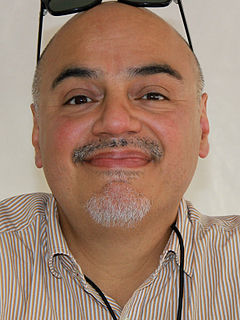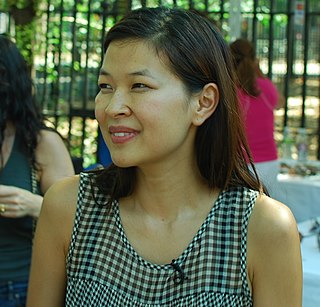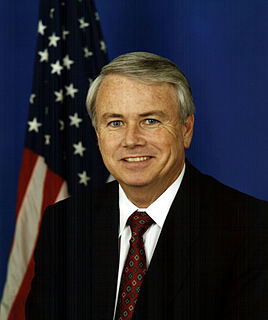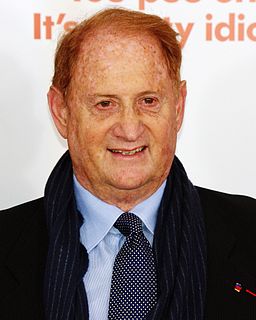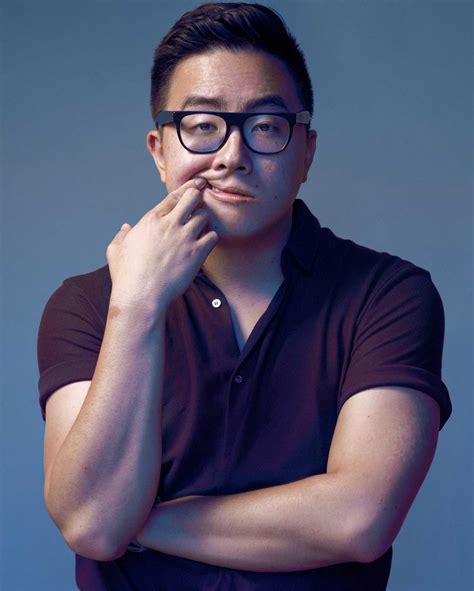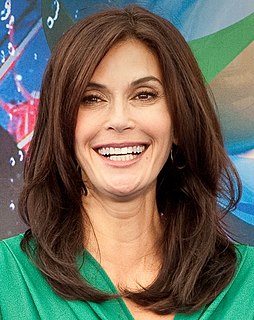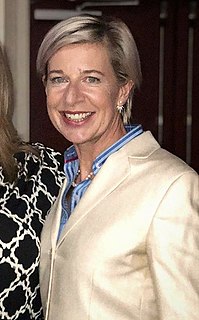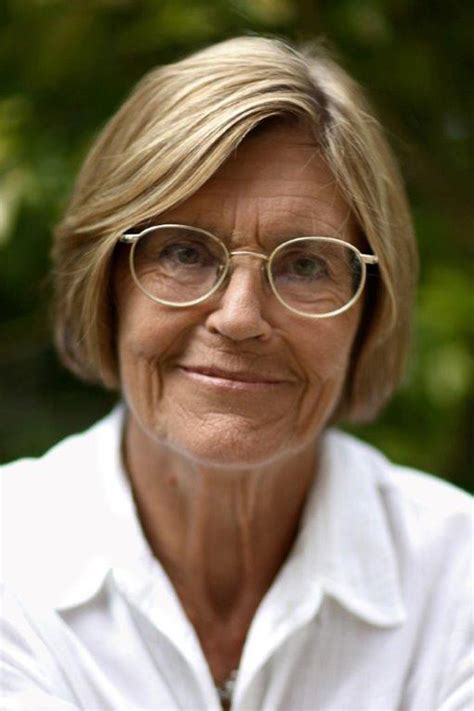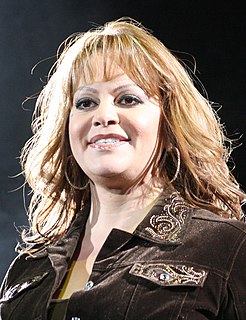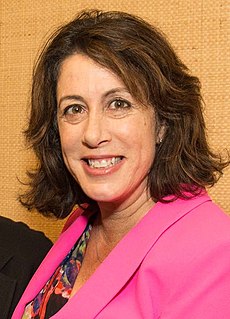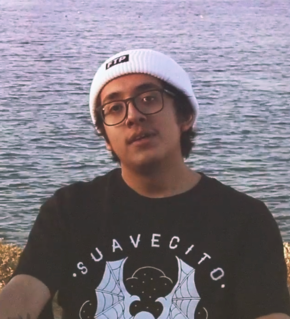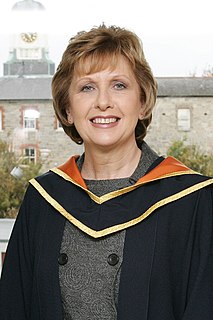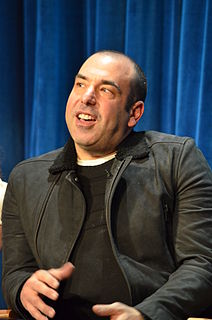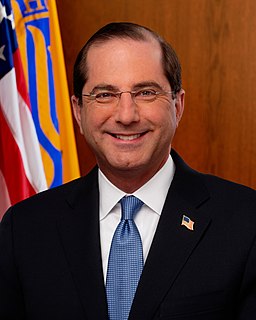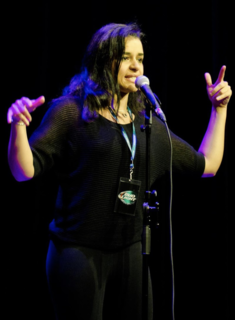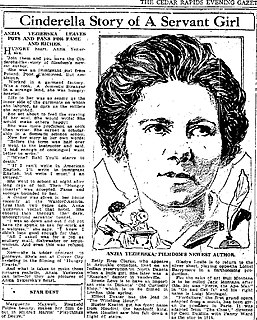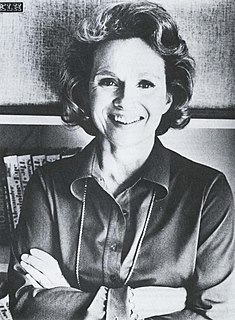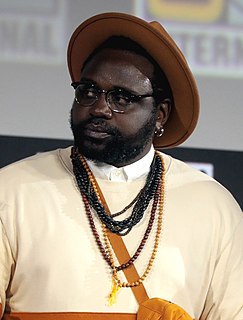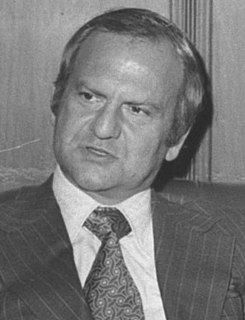Top 1200 Immigrant Parents Quotes & Sayings - Page 2
Explore popular Immigrant Parents quotes.
Last updated on December 3, 2024.
In real life, there are right-wingers, there are anti-immigrant activists who want to overturn this constitutional right that we have to become Americans when we're born in this country. There's lots of people who believe that this has led to the phenomenon of the anchor babies. I am an anchor baby. My parents were able to receive their residency and citizenship because, I, a U.S. citizen child of theirs, was born in Los Angeles.
I both loved and hated South Pasadena. On the one hand, it was so diverse - all my closest friends were immigrants or had immigrant parents. On the other hand, it was a bit conservative - in a sort of wholesome, Midwestern, small-town sense. I never met a single writer until I moved to New York City for college.
So I've got mates I've known since I was five years old. Their children know my children. There's something really lovely about it. When you're an immigrant - my parents were immigrants, their brothers and sisters lived all over the world, Florida, Jamaica, some in Europe - it's a grounding thing. That community is critical.
Conversations about money, culture, power, class - it's at the center of my identity. I think it's a combination of being born to immigrant parents, growing up relatively poor, and really living in a world where formal institutions, like banks and anywhere that you had to sign a contract, was really feared and avoided at all costs.
I love Europe, but we are still struggling with that kind of development. First of all, we don't have a smart conversation about the difference between an immigrant and a refugee. A refugee can't go back. An immigrant is someone - I chose to move to America. And I also have the option of saying hey, didn't work out, I can move back. That's a completely different story than someone who is locked in.
I think I was always informally thinking about choice from when I was a very young child because I was born to Sikh immigrant parents, so I was constantly going back and forth between a Sikh household and an American outside world, so I was going back and forth between a very traditional Sikh home in which you had to follow the Five K's.
If I had the opportunity to speak to a young immigrant girl that just arrived to the U.S. the advice I would have for her would be: ask, speak, search; because there are opportunities out there. And, know that you aren't the only immigrant or the last to come to this country. Many that have come before you have succeeded. It is possible.
I was raised, myself, by extremely strict but also extremely loving Chinese immigrant parents. To this day, I believe that their having high expectations for me, coupled with love, was the greatest gift that anyone's ever given me. And so that's why, even though my husband is not Chinese, I try to raise my own two daughters the same way.
My parents were pretty open about a lot of things, especially my mom. And any kind of little crazy thing I was into, she was very supportive of. You know, whether it was BMX bike racing or being in the Boy Scouts or surfing or anything else, she always seemed to sort of support it. And I think it's because she was an immigrant and that idea of sort of having her kids be able to have access to their dreams and whatever they wanted to follow was very important to her.
Women are the majority of immigrants yet the minority of immigrant employment visas; immigrant and native born women who work in the service arena - such as domestic workers - are not valued for their work, making pennies on the dollar compared to male counterparts; and, women are disproportionately affected by family reunification policies.
You are never going to have, in a country as rich as ours [the USA], that borders a country as poor as Mexico, an end to immigration. You just won't. The question is, if you make it humane and if you make it regulated. It's much better for an American worker to compete against a regulated immigrant inside labor standards, than it is to ever to compete against an illegal immigrant.
The immigrant's heart marches to the beat of two quite different drums, one from the old homeland and the other from the new. The immigrant has to bridge these two worlds, living comfortably in the new and bringing the best of his or her ancient identity and heritage to bear on life in an adopted homeland.
My family was very engaged in the world around us. My father was an African Methodist Episcopal minister and an immigrant from Panama. He was deeply involved in civil rights causes, which scared my mother - she was also an immigrant, from Barbados, who had her hands full with six kids, and she worried that my father would get deported. But because of his passion for politics and civil rights, we paid close attention to current events. We would watch political conventions together - for fun!
There's a lot of material from my life in my books, but they're not really autobiographical, in the sense that they're not about my life. So, in 'A Feather on the Breath of God' I write about my parents, I write about this Russian immigrant, I write about the world of dance, but it isn't an autobiography; so much is left out.
I feel like I have so many amazing opportunities because of my immigrant mother, my immigrant grandparents. There are so many of us who do come from immigrants - even some people who support Trump's travel ban. I think we need to take a step back and realize what the real issues are - it's not being from different places or being different.
Let's ask their parents. And will those children point to their parents and tell us you really need to enforce the law against my parents? Because they know what they were doing when they caused me to break the law. I don't think we've thought through this very well. But there's a reason why in the president's DACA programs he didn't grant his unconstitutional executive amnesty to the parents of dreamers.
Race doesn't mean what it used to in America anymore. It just doesn't. Obama's black, but he's not black the way people used to define that. Is black your experience or the color of your skin? My experience is as a Mexican immigrant, more so than someone like George Lopez. He's from California. But he'll be treated as an immigrant. I am an outsider. My abuelita, my grandmother, didn't speak English. My whole family on my dad's side is in Mexico. I won't ever be called that or treated that way, but it was my experience.
People are an asset, not a liability. The United States is the most immigrant-friendly nation in the world and the richest country in the world. This is not a coincidence. Those voices that would make us less immigrant-friendly would make us less successful, less prosperous and certainly less American.
I think it's true about people now being closer to their parents, since the '60s, really. The parents are no longer from a different planet, the 1950s ideas of American family. We could be friends with our parents. After the '60s, it wasn't like a person smoking pot was what the parents would be appalled at.
...despite all this, it is still hard to admit that there is no one more English than the Indian, no one more Indian than the English. There are still young white men who are angry about that; who will roll out at closing time into the poorly lit streets with a kitchen knife wrapped in a tight fist. But it makes an immigrant laugh to hear the fears of the nationalist, scared of infection, penetration, miscegenation, when this is small fry, peanuts, compared to what the immigrant fears - dissolution, disappearance.
The problem with much of the debate over this issue is that we confuse two separate matters: immigration policy (how many people we admit) and immigrant policy (how we treat people who are already here). What our nation needs is a pro-immigrant policy of low immigration. A pro-immigrant policy of low immigration can reconcile America's traditional welcome for newcomers with the troubling consequences of today's mass immigration. It would enable us to be faithful and wise stewards of America's interests while also showing immigrants the respect they deserve as future Americans.
Superheroes are also about immigrants. Superman, the prototype of all superheroes, is a prototypical immigrant. His homeland was in crisis, so his parents sent him to America in search of a better life. He has two names, one American, Clark Kent, and the other foreign, Kal-El. He wears two sets of clothes and lives in between two cultures. He loves his new country, but a part of him still longs for his old one.
Coming from a large immigrant family, my parents didn't encourage a lot of 'play' when I was growing up. It was hard to get my Dad to even sit down to watch television with us (he'd watch it standing up, always ready to go do something more productive). Downtime was discouraged, as was any college degree that wasn't law, medicine or business.
Ours is the first society in history in which parents expect to learn from their children, rather than the other way around. Such a topsy-turvy situation has come about at least in part because, unlike the rest of the world, we are an immigrant society, and for immigrants the only hope is in the kids.
I was raised to give back. I was born to immigrant parents and was fortunate to become successful at an early age. I've always felt a strong sense of national service to my country, and I may have been able to provide leadership in the political arena. I don't regret the decision not to enter politics, I just wonder sometimes if I could have changed anything.
